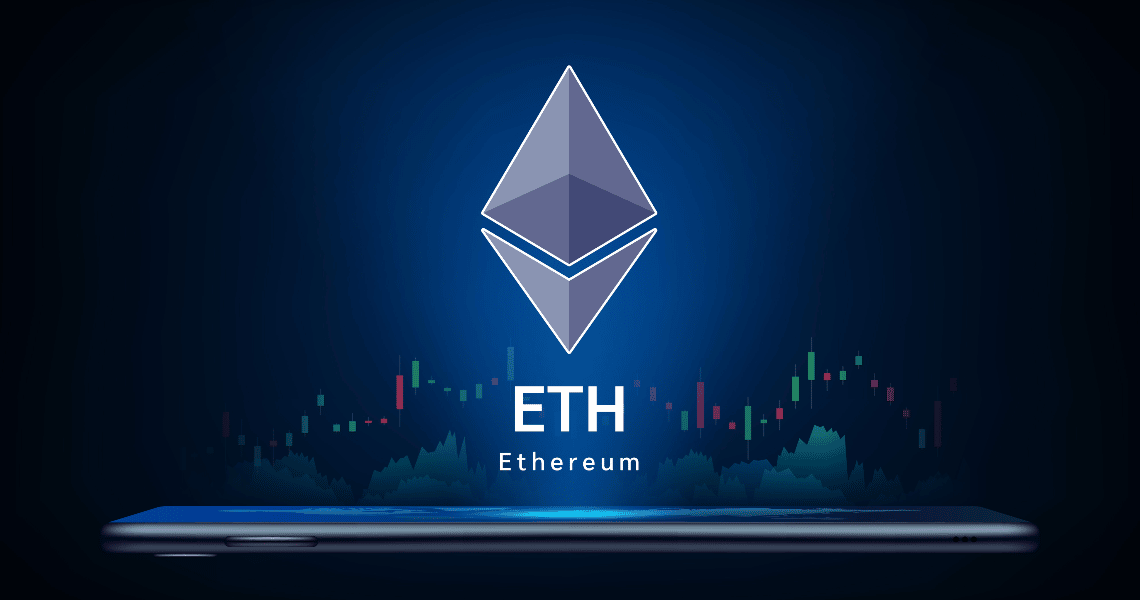|
Getting your Trinity Audio player ready...
|
Ethereum co-founder Vitalik Buterin has outlined a potential roadmap for significantly improving transaction speeds on the Ethereum network. In a recent blog post, Buterin proposes a shift away from the current epoch-based system to a Single-Slot Finality (SSF) mechanism. This change has the potential to reduce transaction finality time from minutes to milliseconds.
The Current Slowdown: Epochs and Finality
Ethereum currently utilizes a consensus mechanism called Gasper, which relies on a concept of epochs and slots. Validators on the network cast votes during 12-second slots, with finality – the point at which a transaction becomes irreversible – guaranteed after two epochs, roughly 12.8 minutes. While this approach offers strong security assurances, it suffers from two drawbacks:
- Complexity: The interplay between slot-based voting and epoch-based finality can be intricate and prone to bugs.
- Slow Speeds: The 12.8-minute finality time is sluggish, hindering user experience for applications requiring faster transactions.
Enter Single-Slot Finality (SSF): A Faster Future
Buterin’s proposed SSF system draws inspiration from the Tendermint consensus mechanism. Unlike the current epoch-based system, SSF finalizes each block (Block-N) before the creation of the next block (Block-N+1). This significantly reduces finality time, potentially bringing it down to milliseconds.
However, a key difference separates Ethereum’s proposed SSF from Tendermint. Ethereum intends to retain its “inactivity leak” mechanism. This safeguard ensures the network’s continued operation even if a substantial portion of validators (up to one-third) go offline. Buterin terms this approach “Secure Speed Finality” (SSF).
Challenges and Considerations
While SSF promises a significant speed upgrade, Buterin acknowledges some hurdles:
- Network Load: A naive implementation would require every validator to broadcast two messages every 12 seconds, placing a heavy burden on the network.
- User Wait Time: Even with SSF, users might still experience a wait time of 5-20 seconds for transaction confirmation.
Also Read: Ethereum (ETH) Price To $8,000? Analyst Predicts Massive Surge After 180% Rally
The Road Ahead
Ethereum developers are actively exploring solutions to address these challenges. One potential approach involves incorporating techniques from the recent Orbit SSF proposal. This could reduce the validator signing load and potentially decrease the minimum staking requirement (currently 32 ETH). However, it might also lead to a slight increase in slot time (up to 16 seconds).
Conclusion
Vitalik Buterin’s SSF proposal presents an exciting prospect for the Ethereum network. If implemented successfully, it could usher in a new era of faster transaction processing and enhanced user experience for developers and users alike. The Ethereum development community is actively working on refining the SSF concept, and with continued innovation, Ethereum’s scalability woes could soon be a thing of the past.
Disclaimer: The information in this article is for general purposes only and does not constitute financial advice. The author’s views are personal and may not reflect the views of Chain Affairs. Before making any investment decisions, you should always conduct your own research. Chain Affairs is not responsible for any financial losses.
I’m a crypto enthusiast with a background in finance. I’m fascinated by the potential of crypto to disrupt traditional financial systems. I’m always on the lookout for new and innovative projects in the space. I believe that crypto has the potential to create a more equitable and inclusive financial system.




